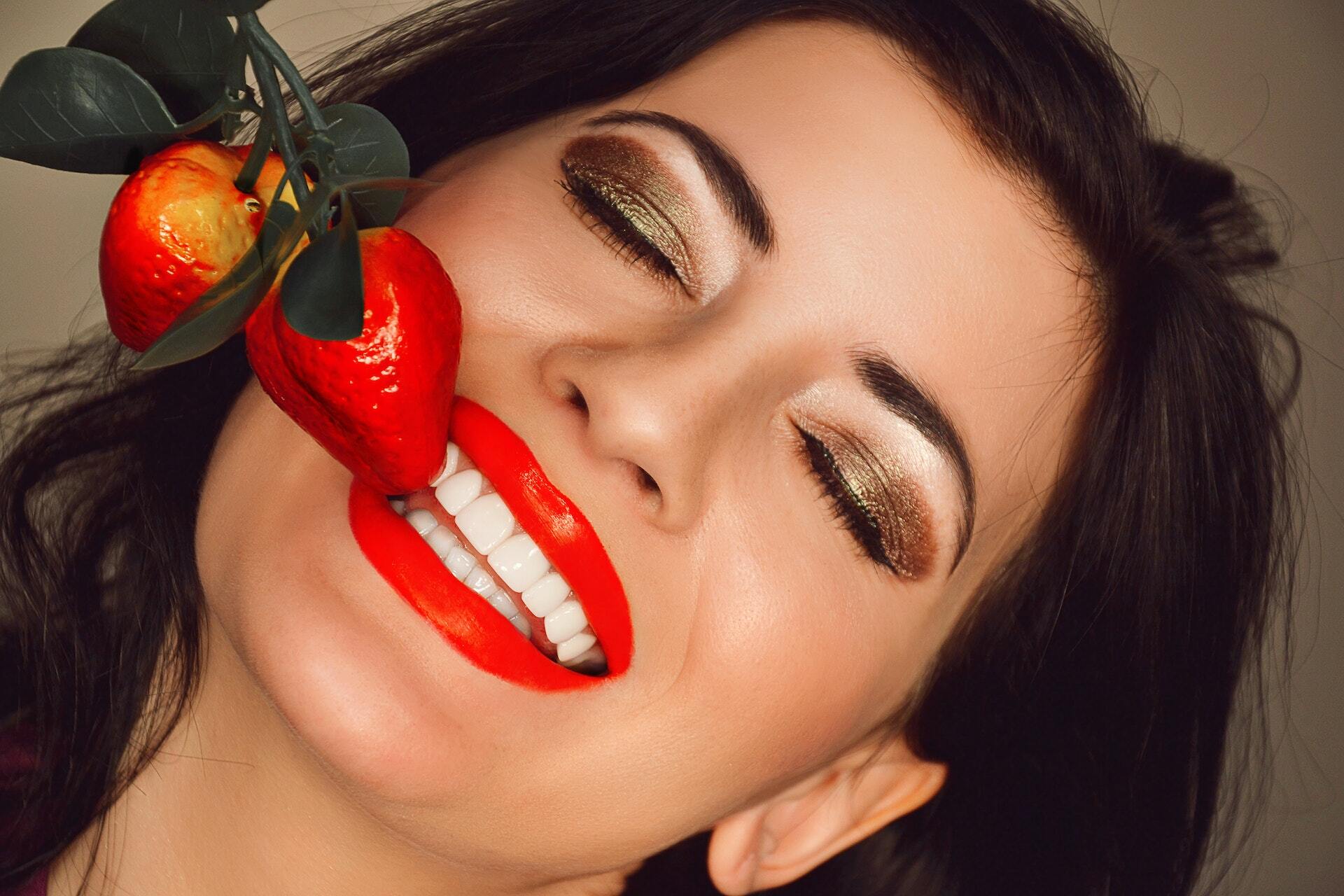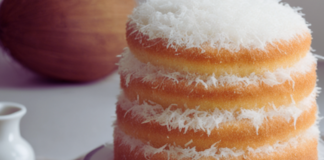How to whiten teeth at home in one day
Achieving a brighter, whiter smile is a common desire for many people. Whether for a special occasion, an important job interview, or personal confidence, having a set of pearly whites can significantly affect how you feel about yourself. However, professional teeth whitening treatments can be seen more expensive and time-consuming. Fortunately, there are several effective ways to whiten your teeth at home in one day. This article will guide you through these simple yet powerful teeth-whitening methods to help you achieve your desired sparkling smile.
Brush and Floss Regularly The first step in any teeth whitening routine is maintaining good oral hygiene. Brushing and flossing on regular basis can help remove surface stains caused by food and drinks. Make sure to brush your teeth at least twice a day with fluoride toothpaste and floss once a day to remove plaque and food particles from between your teeth. This will improve your overall dental health and prepare your teeth for a more effective whitening process.
Learn how to whiten teeth at home in one day
Use Baking Soda and Hydrogen Peroxide Baking soda and hydrogen peroxide are two common household items that can be used to whiten teeth. Baking soda is a natural teeth whitener is helpful to remove surface stains, while hydrogen peroxide is a powerful bleaching agent that can penetrate deeper into the tooth enamel to whiten teeth from the inside out. You can use mix small amount of baking soda with hydrogen peroxide to use these ingredients to form a paste. Apply the paste to your teeth using a toothbrush and let it sit for 1-2 minutes before rinsing it off. Repeat this process once a day for a week or until you achieve the desired results.
Use Activated Charcoal Activated charcoal is another natural teeth-whitening remedy recently gaining popularity. It absorbs surface stains and toxins, leaving your teeth looking brighter and whiter. You just need to wet your toothbrush and dip it into the charcoal powder to use activated charcoal. Brush your teeth for 2-3 minutes, then rinse your mouth thoroughly with water. Repeat this process once a day for a week or until you achieve the desired results.

Naturally whiten teeth 6 shades in only 15 minutes)
The process how to whiten teeth at home in one day
Try Oil Pulling Oil Pulling, an ancient Ayurvedic practice that involves swishing oil around your mouth for 10-20 minutes to remove toxins and improve oral health. Many people also claim that it can help whiten teeth. To try oil pulling, swish a tablespoon of coconut oil around your mouth for 10-20 minutes, then spit it out and rinse your mouth with water. Repeat this process once a day for a week or until you achieve the desired results.
Avoid Staining Foods and Drinks While using teeth whitening methods is important, it’s also crucial to avoid foods and drinks that can stain your teeth. Some of the most common culprits include coffee, tea, red wine, and soda. If you consume these beverages, brush your teeth or rinse your mouth with water immediately afterward to minimize their staining effects.
In conclusion, achieving a whiter smile at home in one day is possible with the right tools and techniques. You can achieve the sparkling smile you desire by brushing and flossing regularly, using natural whitening remedies such as baking soda, hydrogen peroxide, activated charcoal, and oil pulling, and avoiding staining foods and drinks. Keep in your mind that good oral hygiene is the key to maintaining a healthy and bright smile, so take care of your teeth and gums daily.
Top of Form
Teeth Whitening: how to whiten teeth at home in one day
At some point in our lives, we have all been self-conscious about our teeth. Teeth discoloration is a common dental problem that affects many people. Genetics, age, diet, and lifestyle habits such as smoking and drinking can all contribute to teeth discoloration. By God grace, there is a solution to this problem – teeth whitening. This guide will assist you with a comprehensive overview of teeth whitening, its benefits, and the different methods available to achieve a brighter smile.
The Benefits of Teeth Whitening
Teeth whitening has many benefits, both cosmetic and psychological. A brighter smile can boost your confidence and self-esteem, making you feel more comfortable in social situations. It can also enhance your appearance and make you look younger. Teeth-whitening is a safe and effective way to achieve a brighter smile and improve your overall dental health.
The Different Methods of Teeth Whitening
Several methods are available for teeth whitening, each with its advantages and disadvantages. Some of the most popular methods include:
- In-Office Teeth Whitening – This is the most expensive method of teeth whitening but produces the most dramatic results. A dental professional performs in-office teeth whitening, typically taking about an hour.
- At-Home Teeth Whitening – At-home teeth whitening kits are a more affordable alternative to in-office whitening. These kits usually include a custom-fitted tray filled with a whitening gel and worn for a specified amount each day.
- Over-the-Counter Teeth Whitening Products – Over-the-counter teeth whitening products such as whitening toothpaste, strips, and gels are readily available and affordable. While effective, these products may not produce the same dramatic results as in-office or at-home whitening.
- Natural Teeth Whitening Remedies – Some natural remedies, such as baking soda and hydrogen peroxide, can be used to whiten teeth. However, these remedies should be used cautiously as they can damage the enamel if used improperly.
Choosing the Right Teeth Whitening Method
Choosing the right teeth whitening method depends on your budget, discoloration level, and personal preferences. It’s necessary to consult with a dental professional to determine which method is best for you. They can evaluate the condition of your teeth and recommend the best course of action.
The Risks of Teeth Whitening
Teeth whitening is a simple, safe and effective procedure, but it does come with some risks. The most common side effect is tooth sensitivity, which can be managed with a desensitizing gel. Overuse of teeth whitening products can also damage the enamel, permanently damaging your teeth. It is important to follow the instructions carefully and not overdo it.
Maintaining a Brighter Smile
Once you have achieved a brighter smile, it is important to maintain it. This includes practicing good oral hygiene habits such as brushing and flossing regularly, avoiding foods and drinks that can stain your teeth, and visiting your dentist for regular cleanings and checkups.
Conclusion
Teeth whitening is a simple, safe and effective way to achieve a brighter smile and boost confidence. With so many options available, it is important to choose the method that is right for you. Consult with a professional dentist to determine which method is best suited for your individual needs. Remember to practice good oral hygiene habits and maintain a brighter smile for years.
Are you a fan of mouthwash? Do you use it religiously after brushing your teeth every day? If so, you might want to reconsider your dental routine. Recent studies have revealed that mouthwash might not be as beneficial as we once thought. In fact, top dentists are now warning against the use of mouthwash. Keep reading to learn more about why you should avoid mouthwash at all costs.
Mouthwash Contains Harmful Chemicals
One of the primary reasons why dentists are warning against the use of mouthwash is that it contains harmful chemicals that can damage your oral health. Many popular mouthwash brands contain alcohol, which can cause dry mouth, bad breath, and even lead to tooth decay. Additionally, some mouthwashes contain chlorhexidine, a powerful antiseptic that can cause discoloration of the teeth and mouth sores.
Mouthwash Can Disrupt the Natural Balance of Bacteria
Another reason dentists advise against using mouthwash is that it can disrupt the natural balance of bacteria in your mouth. Your mouth is home to both good and bad bacteria; when the balance is disrupted, it can lead to oral health problems. Mouthwash kills both good and bad bacteria, leaving your mouth vulnerable to infections and other issues.
Mouthwash Can Mask Underlying Dental Problems
Perhaps one of the most alarming reasons dentists advise against using mouthwash is that it can mask underlying dental problems. If you have a cavity or gum disease, using mouthwash can temporarily mask the symptoms. This can prevent you from seeking necessary dental care, which can lead to more serious problems down the line.
What Can You Do Instead of Using Mouthwash?
If you’re ready to ditch the mouthwash, plenty of alternatives can help you maintain good oral health. First and foremost, ensure you brush your teeth twice a day for at least two minutes each time. Additionally, daily flossing can help remove plaque and bacteria between teeth. Finally, consider using a tongue scraper to remove bacteria from your tongue.
Conclusion
In conclusion, top dentists warn against mouthwash due to its harmful effects on oral health. Mouthwash can contain harmful chemicals, disrupt the natural balance of bacteria in your mouth, and even mask underlying dental problems. Instead of using mouthwash, focus on brushing your teeth twice a day, flossing daily, and using a tongue scraper to maintain good oral health.















